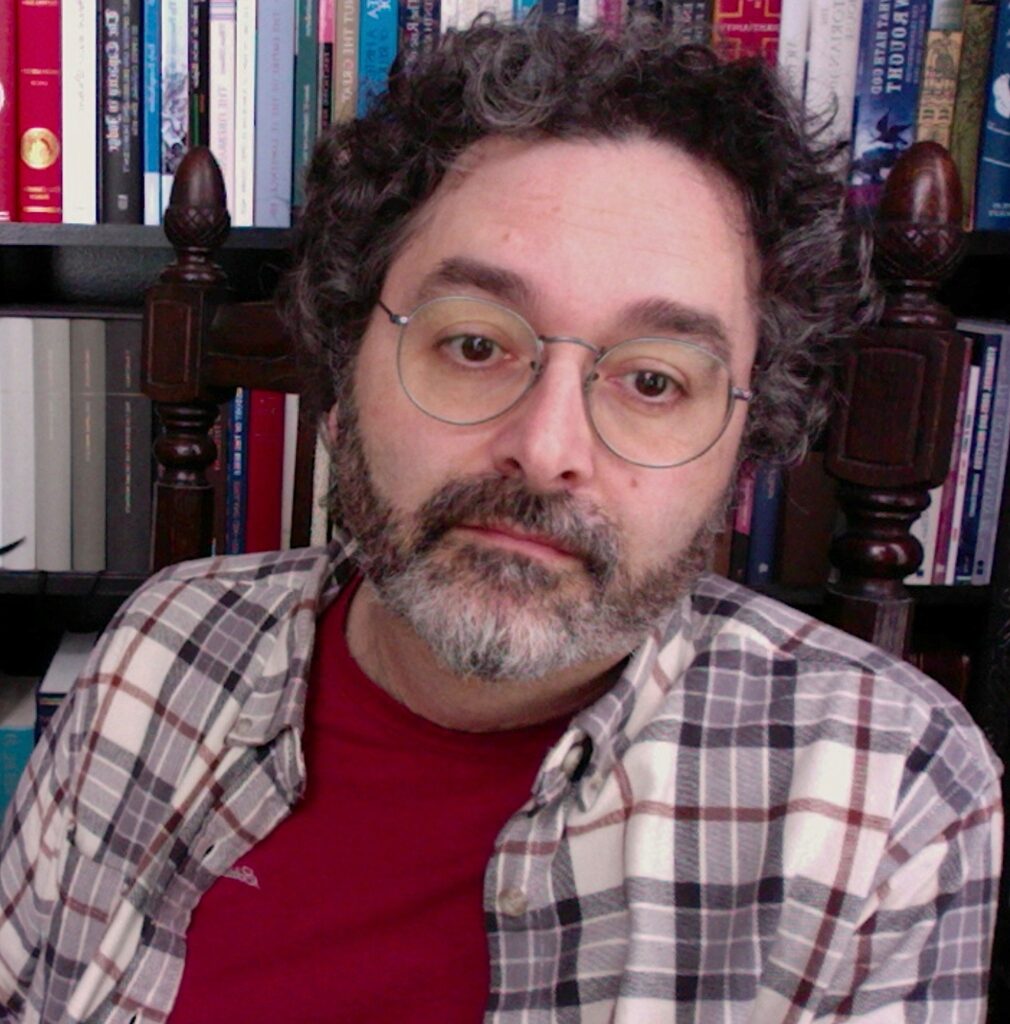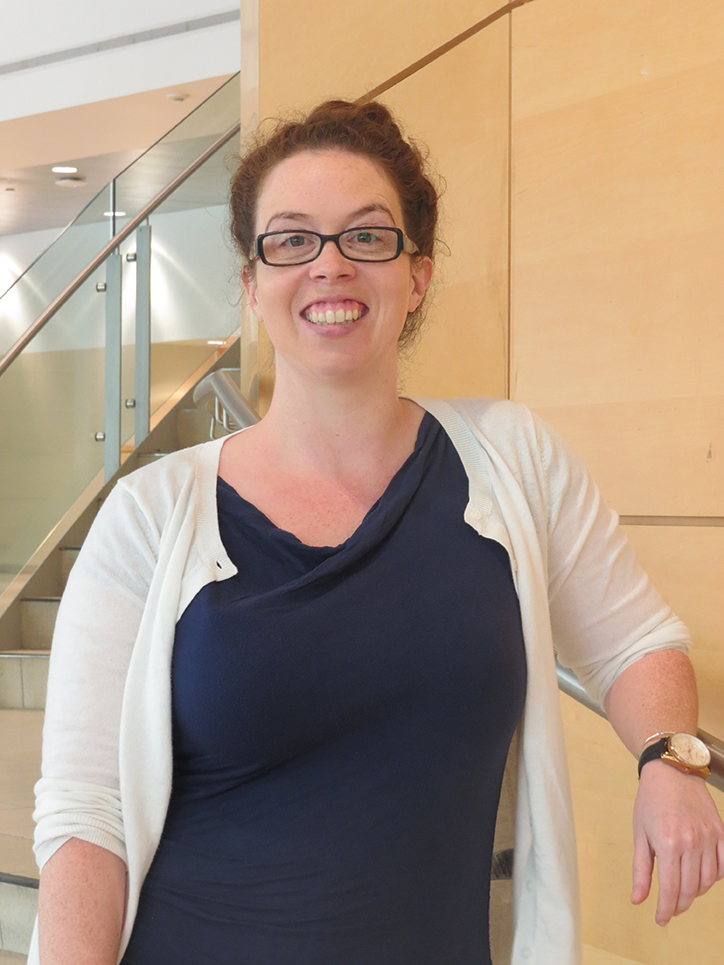
Participants in the Teaching Commons’ Reading for Teaching program at York University got a glimpse of the commonalities and differences in teaching practice at another institution thanks to a collaboration with a similar group at the University of Guelph during the Fall 2023 term.


Reading for Teaching is an informal opportunity for colleagues from across campus who are interested in reading and talking about teaching. A type of book club that focuses on works dealing with pedagogy, the program is the brainchild of educational developer Lisa Endersby and teaching and learning librarian Scott McLaren.
The two started the group pre-pandemic in 2019, building on early iterations of a Teaching Commons Journal Club facilitated by Endersby, and it has been running in the fall and winter terms ever since.
Members read works, both fiction and non-fiction, related to teaching and meet monthly to discuss the ideas set forth in the reading and how they relate to each individual’s experiences in the classroom.
Earlier this year, Endersby discovered that educational development colleagues at the University of Guelph in the Office of Teaching & Learning ran a similar group, and she suggested collaborating. She and McLaren talked with the two Guelph group leaders – educational developers Jenn Reniers and Christie Stewart – and tested the waters this fall.

“One of the strengths of the group is that it brings people together from across the University and allows discussion among people at all levels of the profession, from teaching assistants to tenured, full professors,” McLaren said. “By reaching out to another institution, it takes the group to another level, making it even more diverse.”
Their Guelph counterparts agreed.
“Within the university, context is important, and it’s interesting to talk to people from different contexts,” said Reniers. “Our two institutions are different, in terms of commuter students versus students who live in residence, size and programs offered. We were interested in continuing our own club while connecting with others from different contexts.”
Stewart added, “Many of the books we read were based on research from the United States. By talking with each other, it helped us work through whether the differences were due to a difference in our own university and theirs or if it reflects differences between post-secondary education in Canada and the U.S.”
The leaders met in August to consider how they could work together and still maintain the individuality of their programs. Since Guelph faculty meet bimonthly and York’s monthly, they decided to make introductions asynchronously at the start of the term and meet as a group at the end of the term, separately discussing the chosen book in the intervening months. The book they selected was Relationship Rich Education: How Human Connections Drive Success in College by Peter Felten and Leo M. Lambert (Johns Hopkins University Press, 2020).
“There are a lot of institutional structures that can facilitate or hinder connection,” McLaren said. “It’s interesting to talk about this across different universities and discuss what works and what doesn’t.”
The leaders of each group maintained a strict “whatever is said in the group stays in the group” policy to encourage openness and honesty and allow people to drop their guards when they met unfamiliar colleagues.
“In a group like this, you come face-to-face virtually with people you wouldn’t ordinarily meet and you don’t want to worry that you might be sitting across from them in a meeting,” McLaren said.
In September, the two groups used Padlet, a virtual bulletin board software, to introduce themselves to each other individually. Throughout the term, participants were able to post comments about the readings, although the groups met separately.
“Throughout the term, we updated each other about the conversations that were taking place,” said Stewart of the leaders.
The leaders also met to arrange December’s online joint session, creating reflection questions and planning for breakout sessions, as well as a large group discussion. The December gathering featured discussions about such topics as the impact of having a third space besides the classroom or home to meet and how to create a welcoming environment in large classes, even if one-on-one connections weren’t possible.
“It was very useful,” Stewart said. “I wasn’t sure what to expect when bringing in others after 12 weeks of building our own bonds, but I didn’t find reluctance. People were willing to contribute, and it offered validation of their experiences by people at another institution.”
Endersby agreed.
“Despite our sense of working in a York bubble, the Guelph participants felt the same way about some of the challenges and opportunities inherent in relationship-rich education. It was affirming for me.”
York’s Reading for Teaching program begins its winter term program on Jan. 16. For more information and to register your participation, complete the registration form.
